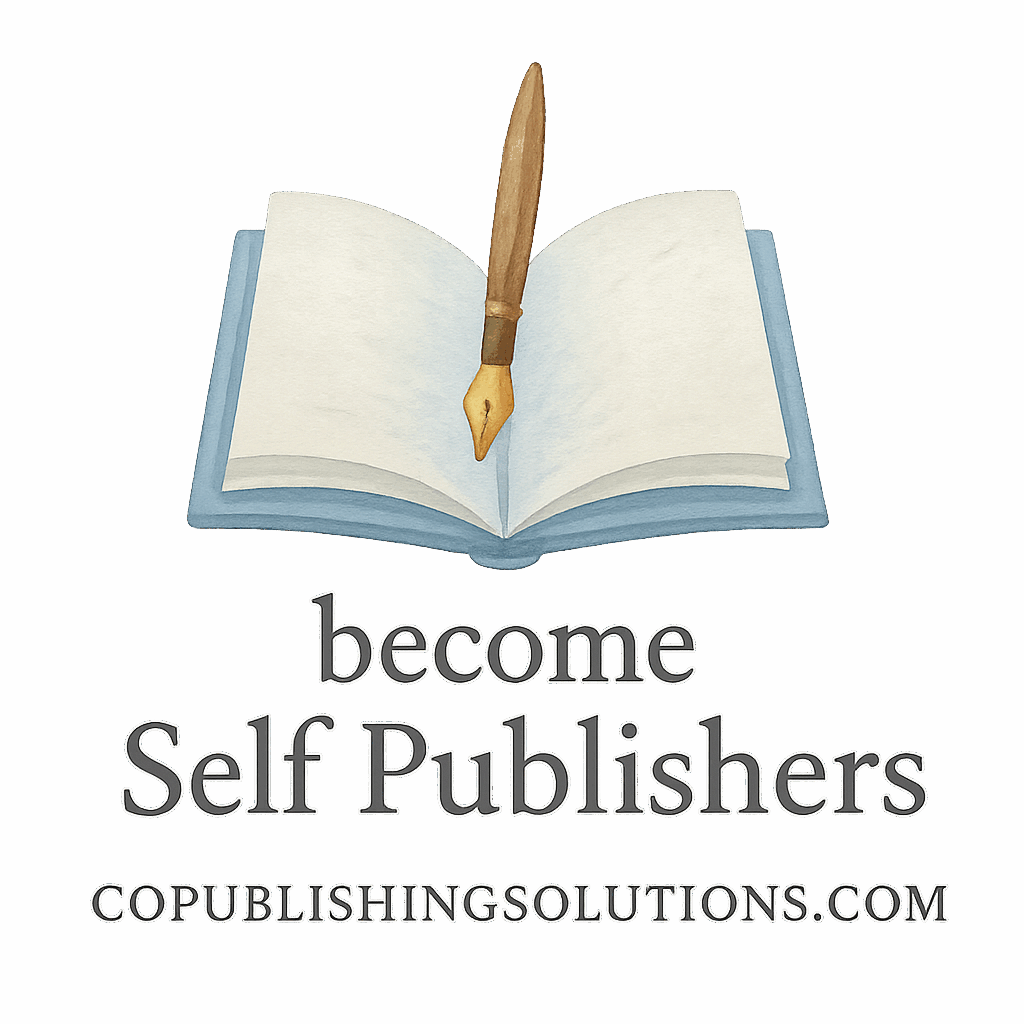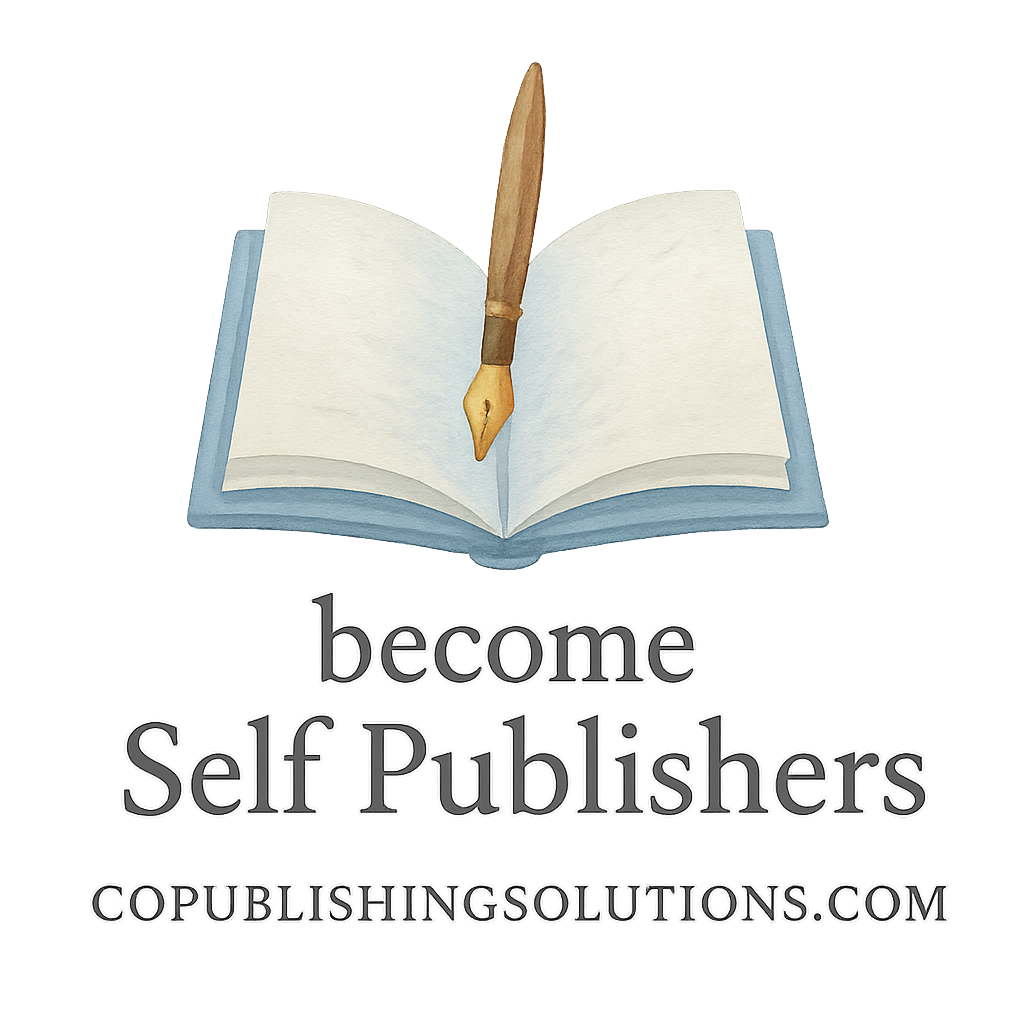When you pour your heart into writing a book, it’s natural to want that investment to pay off. But here’s the deal—book sales alone often won’t cut it. The good news? You’ve got options—monetization options beyond book sales that can unlock real, sustainable income streams.
Let’s dive into the possibilities that can turn your publishing dream into a thriving business.
Why Explore Monetization Beyond Book Sales?
You might sell a few hundred books—maybe even thousands. But what happens when those sales plateau? That’s where alternative monetization strategies come in. You’re not just an author. You’re a brand. And brands don’t rely on a single income stream.
Whether you’re a beginner in the self-publishing world or a seasoned pro, there’s always room to diversify your income. (Explore self-publishing basics here)
1. Offer Online Courses Based on Your Book
Turning Chapters Into Modules
Got a how-to or self-help book? Perfect. Each chapter can become a course module. Think of your book as the appetizer—your course is the main dish.
Platforms to Get Started
Use platforms like Teachable, Podia, or Thinkific. They make it easy to create and sell your course. And the best part? You can charge hundreds per student—far more than any single book sale.
(See tools & platforms we recommend)
2. Launch a Paid Membership Community
Community Building Around Shared Interests
People love community—and they’ll pay for it. Create a paid group where readers can engage, ask questions, and connect with like-minded folks.
Tiered Membership Models
Offer different levels of access: basic members get Q&As; premium ones get exclusive live sessions or PDFs. Recurring monthly income? Yes, please.
(Need help structuring your membership tiers? Click here)
3. Speaking Engagements & Workshops
Positioning Yourself as an Expert
Authors naturally position themselves as thought leaders. Use that to your advantage. Book paid speaking gigs at conferences, schools, or corporate events.
Online vs. In-Person Opportunities
Don’t forget virtual workshops—Zoom, anyone? They’re easy to set up and can reach a global audience.
(Learn about author growth here)

4. Licensing Your Content
Who Buys Licensed Content?
Businesses, schools, and organizations often license content for internal use. Think: training materials, blog reprints, curriculum guides.
License Agreements 101
A simple license contract allows someone to use your content while you retain ownership. It’s passive income at its best.
(Explore content strategy insights)
5. Freelance Writing & Ghostwriting
From Author to Content Creator
Got writing chops? Use them. Businesses are hungry for content. As an author, you’ve already got credibility. Monetize it by freelancing or ghostwriting.
Where to Find Clients
Start with platforms like Upwork, Reedsy, or LinkedIn. Better yet, let your book act as your writing portfolio.
(Writing gigs and opportunities)
6. Affiliate Marketing
Monetizing Related Resources
Mention tools or products in your book? Add affiliate links on your website or in your email newsletters. Each time someone buys? You get paid.
How to Pick the Right Affiliates
Promote things your audience actually needs. Tools, gear, books—whatever fits.
(Great monetization strategies here)
7. Merchandise & Branded Products
Expanding Your Brand Visually
If your book has a fan base, turn that love into t-shirts, mugs, posters, or journals. Branded merch is a fun and creative income source.
Print-on-Demand Services
Use services like Printful or Redbubble to avoid inventory hassles. They handle production and shipping—you collect royalties.
(Browse author branding tools)
8. Crowdfunding and Patron Support
Platforms Like Patreon & Kickstarter
Want upfront funding or ongoing monthly support? Platforms like Patreon and Kickstarter let fans back your work financially.
Reward Tiers That Convert
Offer tiers like early-access content, exclusive videos, or behind-the-scenes looks. People love feeling like insiders.
(Beginner tips for funding ideas)
9. Subscription-Based Newsletters
Monetizing Through Email
Email isn’t dead—it’s gold. Platforms like Substack let you charge for premium newsletters filled with insights, inspiration, or storytelling.
Tools to Start Fast
Use ConvertKit or MailerLite to create and automate your email funnels. Start free, grow fast.
(Explore newsletter strategy tips)
Don’t Forget the Basics: Repurposing & Upselling
Content Recycling Ideas
Turn your book into bite-sized social media posts, YouTube videos, or even a podcast. You already did the hard work—now milk it.
Creating Value-Added Packages
Bundle your book with worksheets, templates, or bonus chapters. Charge more. Deliver more value.
(Learn how to build product packages)
The Power of Publishing Platforms
Must-Have Tools for Monetization
Your publishing success depends heavily on the tools you use. From formatting to layout, make sure your tech stack is solid.
(Explore top publishing tools)
Strategic Planning Resources
Success doesn’t happen by accident. Work with publishing platforms that offer co-authoring, collaboration, and income planning tools.
(Build your publishing business here)
Conclusion
So, there you have it—9 monetization options beyond book sales that could significantly boost your publishing income. Remember, your book is just the beginning. From courses to crowdfunding, the possibilities are endless. Stop relying solely on Amazon royalties. Start building multiple income streams that keep paying—long after the last page is turned.
And hey, don’t forget to explore CoPublishing Solutions for strategies, tools, and expert advice to grow your author career.
FAQs
1. Can I monetize even if my book didn’t sell well?
Yes! Use your content to fuel other income streams like courses, consulting, or licensing.
2. What’s the easiest monetization strategy to start with?
Affiliate marketing and freelancing are great low-barrier options to start earning.
3. Do I need a big audience for crowdfunding?
Not necessarily. Even a small, loyal following can fund your work with the right pitch.
4. How can I build an email list for a paid newsletter?
Start with freebies like checklists or guides. Use them as lead magnets on your site.
5. Is creating online courses time-consuming?
It can be, but you can start small and grow. Use your book as the foundation.
6. How do I protect my content when licensing it?
Use clear, written contracts that outline usage rights and fees.
7. Can I combine several monetization options at once?
Absolutely! In fact, the most successful authors often do just that.


